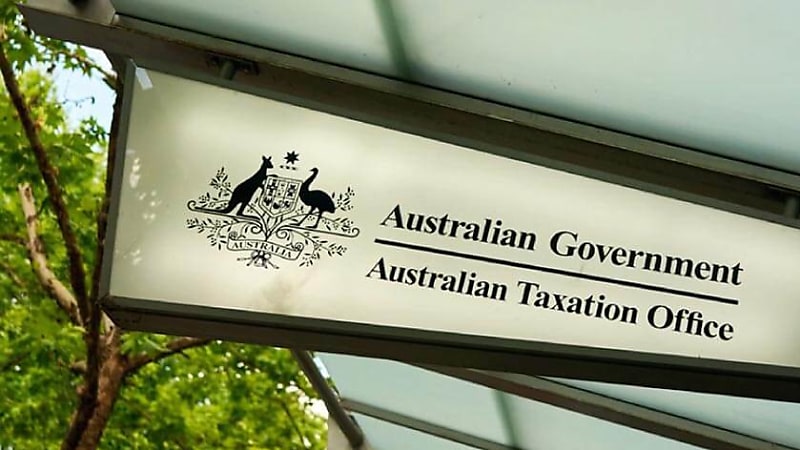PBR states trustees have choice over deducted amounts
SMSF trustees can choose to deduct amounts under section 295-470 based on the fund's future liability to pay the benefits, according to a private binding ruling.
The PBR (1052270273375) was asked to determine whether if the fund trustee chooses to claim a deduction under section 295-470 of the Income Tax Assessment Act 1997 and it is disallowed by the Commissioner of Taxation, the Commissioner could then decide a deduction for premiums can be claimed in the 2022–23 and future financial years under section 295-465.
The facts presented to the Commissioner were that the SMSF member had ceased employment due to becoming permanently incapacitated. The member notified the ATO through medical certification that they had retired due to permanent disability or terminal medical condition and provided supporting documentation.
A policy of insurance for total and permanent disablement and term life cover for the member was held by the fund trustee and was in force during the 2022–23 financial year. During the 2022–23 financial year, insurance premiums were paid by the fund in respect of the member.
In accordance with the “total and permanent disablement” policy, an insurance benefit was paid to the fund in the 2022–23 financial year. The member received a disability superannuation benefit when they rolled superannuation benefits to an APRA-regulated superannuation fund.
The fund's annual return for the 2022–23 financial year will not be lodged until a decision has been made in respect of this private ruling request.
Regarding the first question posed to the commissioner, the ruling stated that as the fund had a future liability to pay TPD benefits in the 2022–23 financial year, an election “pursuant to subsection 295-465(4) being made prior to the lodgment of the 2022–23 SAR, entitles the fund to claim a deduction under section 295-470 in relation to TPD benefits paid out in respect of the Member in the 2022–23 financial year”.
“Subsection 295-465(1) provides that a complying superannuation fund can deduct the proportions specified in the table attached to the subsection of premiums it pays for insurance policies that are (wholly or partly) for current or contingent liabilities of the fund to provide benefits referred to in section 295-460 for its members. It can deduct the amounts for the income year in which the premiums are paid,” it continued.
“In this case, premiums were paid by the fund during the 2022–23 financial year. A prerequisite for claiming a deduction under subsection 295-465(1) is that the premiums for relevant insurance policies are paid. As these premiums were paid in the 2022–23 financial year, the fund trustee can claim a deduction for that year.”
The ruling continued that a legally qualified medical practitioner certified that the member was to retire due to permanent disability. Another legally qualified medical practitioner provided a similar certification.
“The start date for the member's retirement due to permanent disability was in 2019. Effectively, in the 2022–23 financial year, the fund trustee was able to make a decision that the member was suffering 'permanent incapacity' and as such was able to meet Item 103 - Permanent incapacity - Column 1 SISR Schedule - conditions of release of benefits, with a nil cashing restriction,” it added.
“Under clause 9.8 of the fund trust deed, the trustee was provisionally obligated to pay a benefit on or after 2019, unless requested otherwise by the member. That provisional obligation crystallised in 2023.”
Regarding policy proceeds and rollover transactions, the ruling stated that in 2022, TPD insurance proceeds were received by the fund and together with other accumulation amounts, benefits were rolled over to an APRA-regulated fund on 30 June 2023.
“A payment from a superannuation fund at a member's request to another superannuation fund is a superannuation benefit for the member because, under the constructive receipt rule in section 307-15, the member is treated as having received the payment, although it is actually made to another superannuation fund.”
“The superannuation benefit is taxed as a roll-over superannuation benefit, and being a disability superannuation benefit, section 307-145 of the ITAA 1997 applies to modify the tax-free component.”
The PBR continued that as the fund had a future liability to pay TPD benefits in the 2022–23 financial year, an election pursuant to subsection 295-465(4) being made before the lodgment of the 2022–23 SAR, entitles the fund to claim a deduction under section 295-470 in relation to TPD benefits.
In giving its detailed reasoning for the second part of the ruling, the commissioner stated that subsection 295-465(5) provides that a choice made under subsection 295-465(4) applies to future income years unless the Commissioner decides that it should not.
“Additionally, the notes to section 295-460 provide that the fund can only deduct amounts in relation to these benefits under either section 295-465 or 295-470, not both. Subject to meeting their legislated conditions, sections 295-465 and 295-470 are alternatives - that is, you can either claim under one, or the other.”
“As such, should the commissioner disallow the claim under section 295-470, the fund still retains the right to the alternative claim under section 295-465 instead.”








